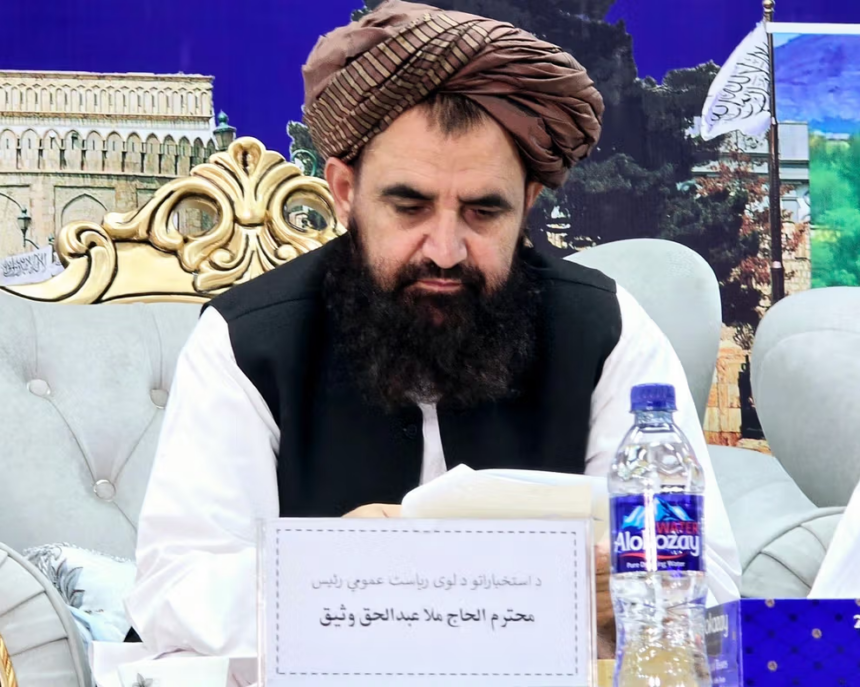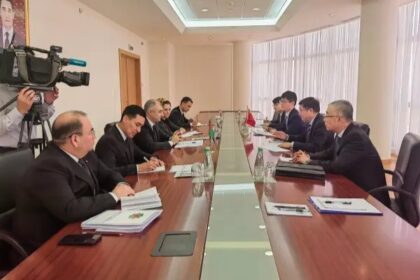RASC News Agency: A surge of unrest and widespread civilian protests has engulfed several districts of Badakhshan province, prompting the Taliban regime to dispatch its intelligence chief, Abdul Haq Wasiq, in an urgent bid to quell the spiraling crisis. Local sources have confirmed that Wasiq arrived in the province on Tuesday and held closed-door meetings with Taliban officials. However, no substantive details have emerged from these discussions, underscoring the regime’s characteristic opacity in times of turmoil. The immediate catalyst for the unrest lies in violent confrontations in Jurm district, where Taliban forces have clashed with local farmers amid a brutal campaign to eradicate poppy fields. These aggressive operations conducted without offering viable economic alternatives have ignited a wave of fury among impoverished residents, for whom poppy cultivation remains a matter of survival in a shattered economy.
The tension intensified further in Shuhada district, where Taliban fighters allegedly killed a prominent Salafi cleric, widely regarded as an influential local leader. His assassination has provoked outrage across the province, deepening mistrust and galvanizing resistance against Taliban rule. In a rare show of defiance, segments of the local population particularly aggrieved farmers, some reportedly supported by dissenting members within the Taliban’s own ranks have begun to call for the immediate dismissal of the Taliban-appointed governor of Badakhshan and a comprehensive overhaul of the province’s governance. The protests have reached such intensity that even top Taliban military officials, including Fasihuddin Fetrat, the group’s Chief of Army Staff, and Imamuddin, one of its senior commanders, have been forced to travel to the province for crisis talks with local residents and Taliban representatives.
Yet, the deployment of Abdul Haq Wasiq a staunch loyalist of Taliban supreme leader Mullah Hibatullah Akhundzada marks a significant escalation and signals deepening concern at the heart of the regime. Analysts suggest that Wasiq’s sudden involvement may reflect a loss of confidence in Fetrat and Imamuddin’s capacity to contain the unrest, revealing internal fractures within the Taliban’s power structure. Badakhshan holds more than symbolic value for the Taliban. Strategically positioned along the borders of Central Asia and China, and home to some of Afghanistan’s most lucrative mineral deposits, the province is both a geopolitical asset and an economic lifeline not just for the Taliban but also for other armed factions vying for control. The growing presence of extremist groups such as ISIS has further destabilized the region, complicating the security calculus and threatening to transform Badakhshan into a theater of multifaceted conflict.
The recent clashes over poppy eradication appear to be only the surface manifestation of deeper, festering tensions rooted in chronic socio-economic deprivation, political marginalization, and rising resentment against the Taliban’s autocratic governance. As the crisis deepens, Badakhshan risks becoming a defining battleground one that could expose the inherent fragility of Taliban rule and test the regime’s ability to maintain its grip on a nation unraveling under its authoritarian weight.






